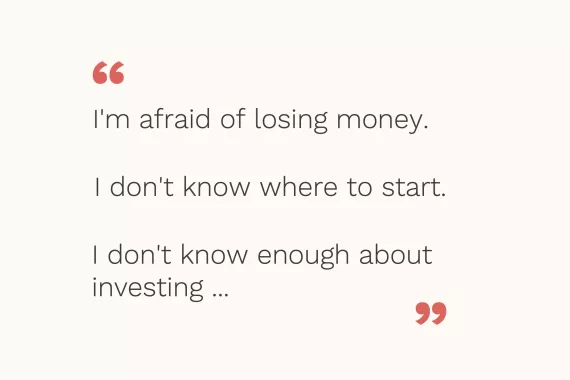Understanding financial literacy in today’s world
Switzerland has long been known for its stable economy, strong banks, and high standard of living. Yet even in such a well-structured financial environment, many people struggle with the everyday skills needed to manage money confidently. Financial literacy is not just about knowing how to save or invest. It is about understanding how money works in your daily life and using that knowledge to make better decisions.
In 2025, this topic is more relevant than ever. As digital banking, fintech apps, and new forms of investment grow in popularity, the ability to navigate modern finance is becoming essential for everyone.

What financial literacy really means
Financial literacy is the ability to understand and manage personal finances effectively. It includes knowing how to budget, save, borrow responsibly, invest, and plan for the future. But more importantly, it means feeling confident in your ability to make choices that match your goals and lifestyle.
In Switzerland, where living costs are high and the financial system is complex, these skills can make a major difference. Whether it is deciding on the right mortgage, choosing a pension plan, or managing day-to-day expenses, financially literate people tend to feel more secure and less stressed about money.

Why financial literacy matters in 2025
The financial landscape is changing faster than ever. Digital tools have made it easier to access information, but they have also made the system more complex. Many people now have multiple accounts, investment platforms, and pension options. Without a basic understanding of how these systems interact, it can be easy to feel lost or overwhelmed.
In Switzerland, financial literacy also plays a role in long-term wellbeing. With one of the highest life expectancies in the world, planning for retirement is critical. Understanding how to make the most of your pension, savings, and investment opportunities ensures a smoother financial future.
Financial literacy is also linked to equality. Studies show that women, in particular, are less likely to feel confident managing money, even when they have the same education and income levels as men. Encouraging financial education helps close that gap and gives everyone the same opportunity to build independence.

The Swiss approach to money education
Switzerland is gradually strengthening its focus on money education. Some cantons have begun introducing basic financial topics into school curriculums, teaching teenagers how to manage bank accounts, understand loans, and make informed spending choices.
At the same time, organisations and fintech platforms are creating tools to make financial learning easier for adults. Budgeting apps, online courses, and workshops help individuals understand their own finances in real-world contexts.
Still, there is more work to do. Many people admit they find topics such as pensions or investing confusing, which can lead to hesitation or missed opportunities. Making financial education more engaging and accessible is key to helping people build confidence.

Everyday examples of financial literacy in action
Being financially literate does not mean being a finance expert. It is about making small, informed decisions that add up over time. For example:
- Understanding how much of your salary goes toward fixed costs versus savings.
- Comparing mortgage rates before signing a long-term contract.
- Knowing the benefits and limitations of a pension scheme.
- Recognising when a financial product carries risk, and when it might be worth it.
These are everyday skills that help you feel in control, whatever your income level or stage of life.
How to strengthen your financial literacy
Improving financial literacy is a gradual process. Start by learning the basics of budgeting and saving. Use digital tools or apps that give you a clear view of your spending patterns. Set realistic goals, such as creating an emergency fund or paying down a specific debt.
Next, take time to understand more complex topics such as pensions, taxes, and investing. You do not need to do everything at once, but each new skill you learn adds to your confidence.
If you prefer structure, consider joining a financial education programme or course. Learning alongside others can make the process more enjoyable and motivating.

Final thoughts
Financial literacy in Switzerland is not just about wealth. It is about wellbeing, independence, and confidence. In 2025, when financial choices are broader and more digital than ever, these skills are becoming part of everyday life.
By understanding how money works, you can plan better, worry less, and build a future that reflects your goals and values.
Want to strengthen your financial literacy?
Download our app for more info and explore practical tools and guides designed to help you understand, plan, and manage your finances with confidence. Whether you are just starting or looking to improve, we make financial education simple and accessible.
Because knowing how money works is the first step to making it work for you.
Discover more
-
Why Financial Empowerment Is the New Self-Care (Especially for Women)
Discover why financial empowerment is the ultimate form of self-care for women, helping you build confidence, freedom, and a futur... -
Why you don't need to be afraid of investing.
Our 15 minute webinar is aimed at encouraging more women to take the plunge – but really, the facts apply to anyone who might be t... -
11 Creative Steps to Plan a Wedding on a Budget [Save Big, Stress Less]
How to plan a wedding on a budget with these 11 creative tips! Learn how to save on venues, décor, catering, and more while creati...


